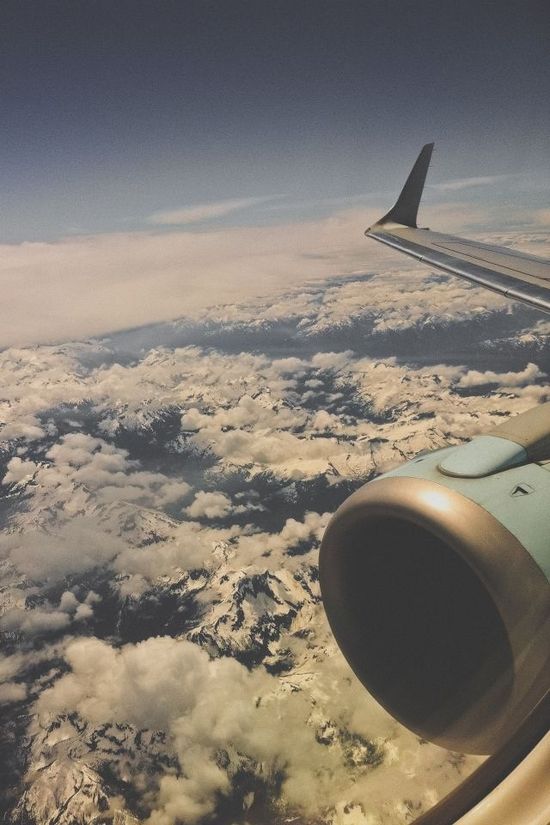Whether for a getaway or for business, air travel has a way of making you feel less than stellar. The cause? Blame it on the jet lag and jet bloat. If left untamed, these two unpleasant side effects of flying can quickly put a damper on your vacay or leave you feeling sluggish for your business trip.
Jet lag
Jet lag happens when you change time zones faster than your body can adjust, causing an alteration of your biological clock. Your body is disoriented and is left out of sync with its usual rhythm. This can cause headaches, disturbances in your sleeping patterns, a suppressed immune system and also disrupt the regularity of your bowel movements. Not exactly a ticket to paradise.
What can you do? Besides adapting your schedule to ease the time zone crossover, one of the simplest things you can do to minimize jet lag’s effects is to stay hydrated. This is because dehydration is one of the most important symptoms of jet lag and is worsened by the very dry environment in plane cabins.
Jet bloat
Jet bloat on the other hand, is just as unpleasant as it sounds. As you increase in altitude, the air pressure change in the cabin causes the gases in your body to expand. As the gases expand in your stomach and GI tract, you’re left bloated, swollen and, well, all sorts of puffy. Here, the key is to minimize the amount of excess air in your body.
To lessen the symptoms of jet lag and jet bloat, here are the 6 foods to avoid when you fly.
6 foods to avoid when you fly
1. Coffee
Why: Since the dry, recycled air in that cabin promotes dehydration, it’s wise to avoid coffee and all caffeine before take-off and during the flight.
Instead: Go decaf if you must or opt for warm water with lemon.
2. Alcohol
Why: Although a cocktail can take the edge off a flight, alcohol’s dehydrating effects are magnified during air travel and should be avoided.
Instead: If you get antsy before you fly, pack your own soothing herbal teas in your carry-on and ask for hot water on the plane. This will make for a relaxing, yet still hydrating, alternative.
3. Chewing gum
Why: Chewing gum to help with ear popping actually causes you to swallow air that will amplify future bloat.
Instead: Opt for a simple mint and avoid anything with sorbitol, which may also cause bloating.
4. Soda
Why: Soda, or any carbonated beverage, contribute excess air to your GI tract.
Instead: Stick to good ol’ water.
5. Beans or cruciferous vegetables
Why: Healthful as they may be, these gas-producing foods are best avoided within 24 hours of flying, since they will exacerbate jet bloat.
Instead: Stick to foods your body tolerates well on the night prior, and on the day of your flight.
6. Salted peanuts or pretzels
Why: Salty foods promote water retention and bloating.
Instead: Pack your own unsalted nuts along with potassium-rich foods, such as fresh fruit and vegetables.
Planning a trip? Check out this segment I recently did over at Global Montreal on healthy snacks for travel.
Wishing you all a great week and safe traveling.
Have you ever experienced jet lag or jet bloat?
Photo credit: Pinterest





Great tips! I fly a lot and will definitely keep this list with me.
Thank you!
These are great tips!
I also feel like I get dehydrated when I fly so I need to be mindful of the caffeine especially.
That’s the toughest for me, I would always grab coffee before a flight to kill wait time.
Yes! Jet bloating everytime (and diahrrea)!! It’s horrible!!! I usually avoid sodas, peanuts. But caffeine, I usualluy drink it before & during the flight =S oops
Ah coffee, you aren’t alone! I’m sure you will think of it next time around : )